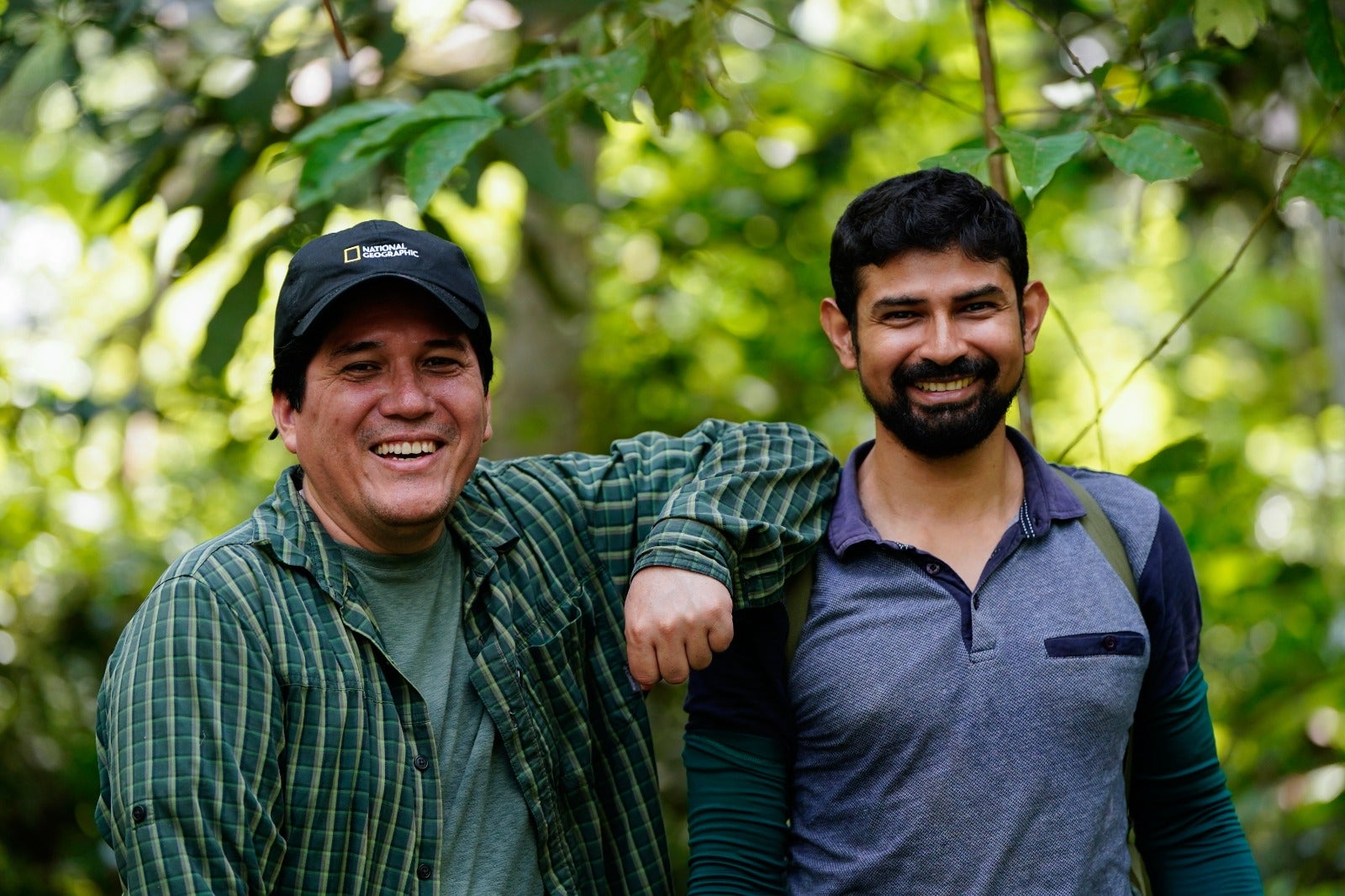
Boise-based conservation nonprofit The Peregrine Fund has committed nearly $250,000 to Boise State University in a growing international partnership to research the ecology and threats to the iconic harpy eagle in Panama, starting in the Spring 2025 semester.
A new Boise State Ph.D. student, Fabio Díaz-Santos, who hails from Nicaragua, will lead this research project. He joins the program with over a decade of experience in ecological fieldwork throughout Central and South America. He has experience with indigenous community partnerships, remote fieldwork in tropical forests, ecological data analysis, remote sensing equipment, and research projects covering a diverse range of plants and animals.
As part of his new role as an ecology, evolution and behavior Ph.D. student, Díaz-Santos will partner with The Peregrine Fund to conduct field work in their conservation site in the Darien Gap, a stretch of rain forest in Panama near the border with Colombia. The Peregrine Fund is assisting the indigenous Emberá and Wounaan peoples to maintain control over their lands, and conserve harpy eagles and the ecosystem they depend on.
This effort is part of The Peregrine Fund’s mission to conserve birds of prey across the globe. While the organization’s headquarters are in Boise, The Peregrine Fund’s conservation programs span five continents and prioritize supporting future raptor biologists through scholarships, mentoring and training.
“What’s most exciting about this collaboration is the mutual benefit to all parties from sharing resources, knowledge and opportunities, and that we can do so on projects worldwide,” said Evan Buechley, the group’s vice president of conservation for international programs.
The partnership is also excellent for Boise State, which hosts the world’s only Master of Raptor Biology degree in the world. The program, established in 1987, is run by the Raptor Research Center and is just one way the university excels in birds of prey research. That excellence is thanks in part to the rich raptor populations living throughout southern Idaho and in the Snake River plain.
“For us, it’s really exciting because this opens us up to the international infrastructure at The Peregrine Fund,” said Assistant Professor Jennyffer Cruz, who is advising Díaz-Santos alongside Associate Professor Trevor Caughlin. “They have all these cool projects around the world that now, potentially, our students can go and work on.”
After he finishes his Ph.D. program at Boise State, Díaz-Santos hopes to become a professor and focus on teaching.
“I feel really satisfied when people learn new things,” he said.